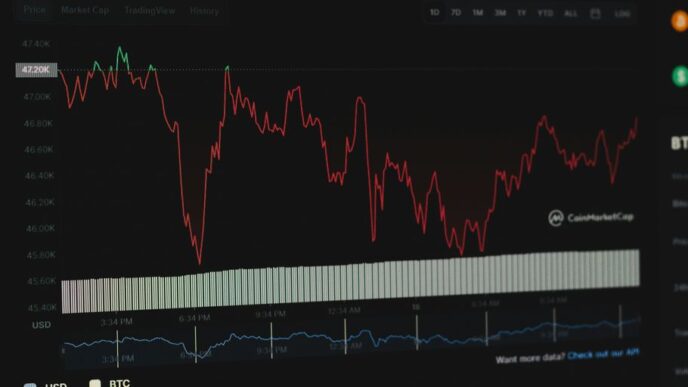The term “blockchain” is derived from the internet. It refers to a group of networks, including the Web, P2P, and mobile networks, which together form the backbone of the transaction systems we call the Internet. The Internet uses what are called “blocks” to organize the transaction processes and keep track of all the information that passes through the system. There are several different types of blocks, and they include the main network, the secondary network, the permitted ledger, and the unpermitted ledger.
A lot has been said about the potential applications of Blockchain Technology. It can be applied to nearly every industry that exists. For instance, IBM’s chief financial officer, John K. Mullane, has been very vocal about the application of Blockchain Technology in the financial sector. He believes that the distributed ledger will not only speed up trade but also reduce costs and increase efficiencies.
In addition to banks, IBM is also experimenting with distributed ledger technology with the hopes of bringing it to the financial services arena. In September of last year, IBM released a software program called Hyperledger, which is aimed at improving the efficiency of global finance. In the same breath, IBM announced that it was working on a new project called Future Financial Service Software (FSS). The project is an effort to bring the benefits of Blockchain Technology to financial services companies. The goal of the project, according to IBM, is to ensure that FSS solutions “can help our customers achieve greater market share, more customer value, and increased profitability”.

However, some experts have been less than impressed by the capabilities of the new distributed ledger system. One of the most common critiques revolves around the idea that a company such as IBM can effectively control the activities of its users. Many argue that by having full control over the transaction process, big businesses can effectively block transactions on the basis that they do not agree with their own rules and regulations. For instance, if a user of the new system were to try and reverse a transaction that he or she does not agree with, the business may not be able to pursue the request.
However, the distributed ledger technology is far from perfect. For instance, the bitcoin Blockchain does not have the same kind of secure digital signing as the traditional ledgers. This means that there are some inherent flaws with the way the ledger functions. Nevertheless, bitcoin technology is still relatively new and there is a lot of experimentation occurring in the open-source development community. Therefore, many believe that the ledger will continue to make advancements and that the problems associated with the ledger will be gradually addressed.
Even though the experiment is still fresh, there is no denying that the distributed ledger called the Blockchain has the potential to change the way companies conduct business. Distributed ledger technology makes it possible for entities to transact with each other using the currency they have chosen. Thus, it allows for real-time confirmation of financial transactions without the use of a trust. This means that instead of waiting for a server to confirm that a transaction happened, a client can verify that the transaction was made in the manner that he or she intends. If you have not yet switched to a new way of doing business because of the inherent security offered by the new cryptocurrency, then now is the time to do so.












